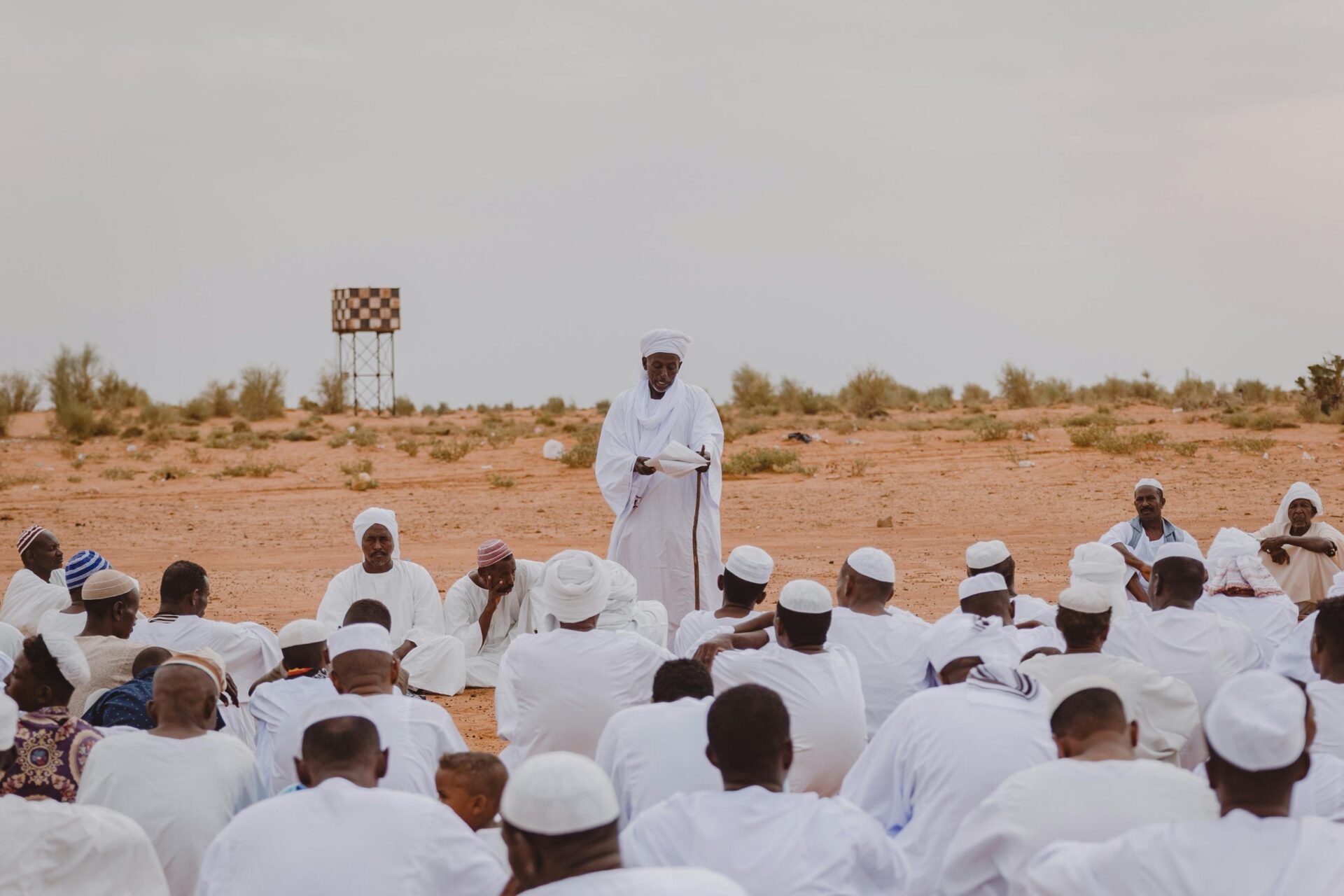The United Nations has described the current crisis in Sudan as the world’s largest humanitarian crisis. The war that erupted on 15 April 2023 in Sudan between the Sudanese Armed Forces (SAF) and a powerful paramilitary group, the Rapid Support Forces (RSF) has resulted in famine and allegations of genocide in the western Darfur region. Nationwide, over 150,000 people have lost their lives, and nearly 13 million have been displaced either internally or to neighbouring Chad, Egypt, and South Sudan. The crisis underscores the limitations of Islamist governance, the erosion of state institutions, and the rise of military dominance that is pushing a nation to the brink of complete fragmentation. This article traces the roots of Sudan’s ongoing crisis, examines the role of political Islam in shaping state fragility, and offers lessons for context-specific strategies to prevent further fragmentation, drawing parallels with South Sudan’s secession.
The seeds for this devasting conflict were sown in 1989 when Islamists in Sudan came to power through a military coup orchestrated by then-General Omar al-Bashir, who established an authoritarian regime that governed Africa’s largest country under the banner of the National Islamic Front (NIF), which later evolved into the National Congress Party (NCP).
The Islamist regime cultivated militias such as the RSF in a bid to consolidate power in a deviation from Sudan’s traditional culture of peaceful coexistence. These militias, instead, pursued dominance and resource control, often at the expense of national interests. Initially allied with the Islamist government, the RSF played a central role in suppressing opposition during the 2003 Darfur conflict, defeating insurgent groups that had mobilised in response to longstanding grievances over inequitable distribution of political power and economic resources. Among these insurgent groups, the Sudan Liberation Army (SLA) and the Justice and Equality Movement (JEM) predominantly represented African ethnic communities, including the Fur, Masalit, and Zaghawa. This legacy entrenched ethnic divisions and contributed to Sudan’s ongoing political and social fragmentation, laying the groundwork for the contemporary conflict.
The prospect of Sudanese state fragmentation has become increasingly imminent, amid ongoing conflict, complicated by internal structural weaknesses, external interventions, and proxy dynamics. These factors, deeply rooted in historical contexts both pre- and post-colonial, continue to threaten the integrity of the Sudanese state and follow patterns that ultimately led to the secession of South Sudan.
Multiple interrelated factors indicate that the protracted conflict in Sudan has triggered a severe convergence of economic collapse, societal disintegration, and humanitarian crisis, which is likely to exacerbate political and social fragmentation further. From an economic perspective, the war has resulted in more than $15 billion in economic losses, the devastation of agriculture and infrastructure, and has triggered intensified competition over resources like gold, particularly by the RSF.
Socially, the conflict has violently resurrected entrenched ethnic and structural inequalities, particularly in Darfur, where there are allegations of war crimes and ethnic cleansing according to Genocide Watch. The RSF and affiliated Arab militias are accused of conducting a systematic campaign of atrocities targeting the Masalit community in West Darfur. During the November 2023 attacks, approximately 2,000 men and boys were killed, while an estimated 100,000 survivors were forced to undertake a perilous cross-border journey.
Even prior to the current conflict, Sudan faced a severe humanitarian emergency, with 15.8 million individuals requiring assistance. Two years of sustained conflict have significantly exacerbated conditions with the number of people needing humanitarian aid increasing to 30.4 million; this is over half of Sudan’s population. This crisis has been driven by the systematic destruction of critical infrastructure, including healthcare facilities and food supply networks.
The war has also deepened Sudan’s territorial fragmentation, with the RSF establishing a rival governing authority in Nyala – the capital city of the state of South Darfur in Sudan’s south-west. In February 2025, the RSF and its allied politicians and rebel groups signed a political charter to establish a parallel civilian government for a secular New Sudan, which was condemned by the UN as a threat to Sudan’s unity, as it risks creating dual-state structures reminiscent of Libya’s fragmentation.
Since gaining independence in early 1956, Sudan has struggled to forge a unified national identity due to profound divisions within its population. An Arab-Muslim majority populates the North while a predominantly African-Christian populations inhabits the South. This fragmentation was largely a legacy of British colonial rule, which administered the northern and southern regions separately, and was compounded by post-independence political failures to accommodate the country’s religious and ethnic diversity. These shortcomings aggravated ethnic and religious tensions, fostered marginalisation, intensified resource disputes, and eroded social cohesion. Tensions escalated into civil war in 1983, when the military regime led by Jaafar Nimeiri tried to impose sharia law as part of its overall policy to “Islamicize” all of Sudan, which included the abrupt dissolution of the southern government.
The 1989 Islamist leadership framed the North-South dynamic as a holy war against the Sudan People’s Liberation Movement/Army (SPLM/A), prioritising an Islamist ideological agenda over political engagements and national reconciliation efforts. The second Sudanese civil war from 1983 to 2005 resulted in catastrophic human costs, including an estimated two million deaths and four million displaced persons due to warfare, famine, and disease. The conflict culminated in July 2011 with the secession of southern Sudan, where most of the country’s oil fields are located, with the Republic of South Sudan subsequently established through the Sudan Comprehensive Peace Agreement CPA.
In conclusion, three decades of Islamist governance in Sudan has weakened state institutions, facilitated military dominance, and undermined nation-building efforts. Moving forward, Sudan requires tailored, context-sensitive strategies to reconcile historical grievances, strengthen governance structures, foster national cohesion, and prevent further fragmentation; thereby avoiding the repetition of South Sudan’s secessionist outcome.
The views expressed in the Near East Policy Forum are those of the authors and do not represent the views of the Near East Policy Forum or any of its partner organisations.




